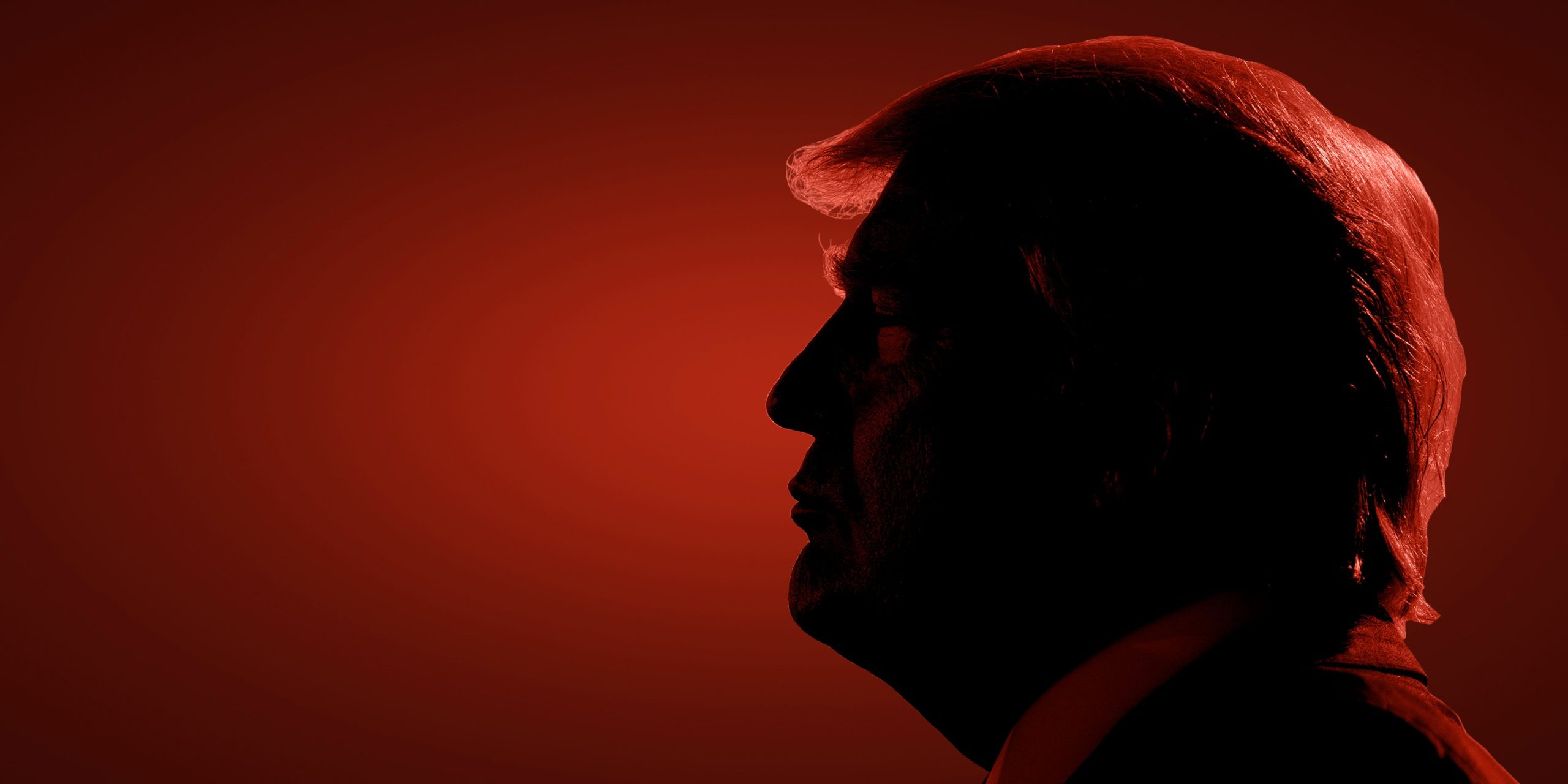The recent Supreme Court hearing on presidential immunity has sparked concerns about the limitations of our legal system in addressing potential abuses of power by authoritarian-leaning leaders like former President Trump.
While the concept of immunity for “official” acts may seem reasonable, the difficulty lies in distinguishing between official and personal actions, especially when motives can be obscured or misrepresented.
Trump’s lawyer’s argument that even extreme actions like ordering the military to eliminate a political rival could be considered official acts underscores the challenges in defining the scope of presidential immunity.

As Justice Ketanji Brown Jackson noted, drawing this line poses a “difficult line-drawing problem” that may require subjective judgments about a president’s intent.
This ambiguity in the law reflects a broader flaw in our system, which was designed under the assumption of presidential honor and integrity. The Founders envisioned a system with checks and balances, but they also relied on the assumption that political leaders would act in the best interest of the nation.
However, recent events have shown that this assumption is not always valid, particularly when partisan considerations come into play.
Sen. Mitch McConnell’s decision not to convict Trump during his impeachment trial is cited as a mistake that has contributed to the current predicament.
Trump’s attorney’s argument that impeachment and conviction are prerequisites for removing presidential immunity further complicates the issue, potentially allowing presidents to evade accountability for their actions.
In the face of these challenges, the responsibility eventually falls on the American people to hold their leaders accountable. However, the question remains: What kind of society elects leaders like Trump in the first place? John Adams’ warning about the inadequacy of the Constitution for governing a morally and religiously bankrupt society seems prophetic.

While the Supreme Court’s decision to take up this question may delay Trump’s criminal case, there is hope that it could also provide much-needed clarity on the limits of presidential immunity. Justice Brett Kavanaugh’s focus on the future highlights the importance of addressing these issues to safeguard democracy and the rule of law.
In the meantime, concerned citizens must remain vigilant and advocate for reforms that strengthen democratic institutions and prevent abuses of power by future leaders. Only by confronting these challenges head-on can we hope to build a more resilient and just society for generations to come.

